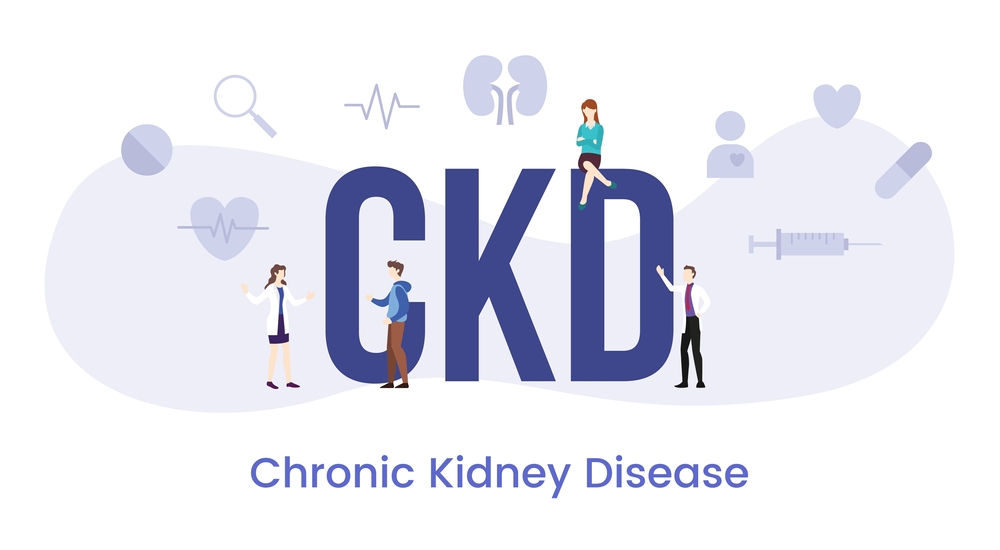Arq. Bras. Cardiol. 2023; 120(12): e20230779
Arterial Stiffness and Chronic Kidney Disease Prediction
This Short Editorial is referred by the Research article "Higher Arterial Stiffness Predicts Chronic Kidney Disease in Adults: The ELSA-Brasil Cohort Study".
The kidney and the cardiovascular system have a functional connection, and this interaction has received increasing attention. Arterial stiffness is often associated with chronic kidney disease (CKD), and both conditions can aggravate each other, generating and increasing the risk of cardiovascular events and mortality. There is a two-way path between arterial stiffness and renal dysfunction. Increased arterial stiffness and the dysfunctional endothelium activate cytokines that favors thrombotic events, and dendritic cells and lymphocytes enhance the synthesis of pro-atherogenic cytokines. The vascular inflammation amplified by CKD stimulates vessel stiffening by proliferation of the vascular smooth muscle cells and fibrosis.
Thus, to attempt to answer the dilemma of which came first, the study by Cândido et al. investigated the relationship between arterial stiffening by carotid-femoral pulse wave velocity (cfPWV) and CKD. This longitudinal study followed up 11,647 participants of the ELSA-Brasil study for 4 years. The researchers concluded that higher cfPWV increased the chances of CKD in 42% and suggested that among normotensive, non-diabetic participants, this effect was even more pronounced, indicating that arterial stiffness could be a significant risk factor for CKD independent of these conditions.
[…]
255

